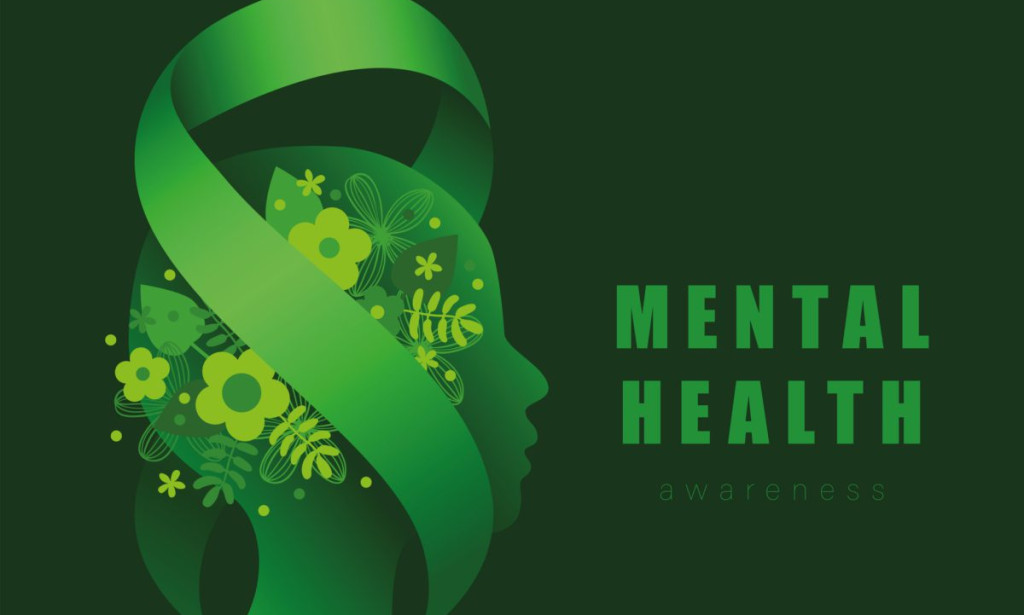Mental health is about how people think, feel, and behave. Mental health care professionals can help people manage conditions such as depression, anxiety, bipolar disorder, addiction, and other disorders that affect their thoughts, feelings, and behaviors.
Mental health can affect a person’s day-to-day life, relationships, and physical health. External factors in people’s lives and relationships can also contribute to their mental well-being.
Looking after one’s mental health can help a person maintain their ability to enjoy life. This involves balancing their activities, responsibilities, and efforts to achieve psychological resilience.
Stress, depression, and anxiety can affect mental health and may disrupt a person’s routine.
Although healthcare professionals often use the term “mental health,” doctors recognize that many mental health conditions have physical roots.
This article explains what mental health and mental health conditions mean. It also describes the most common types of mental health disorders, including their early signs and how to treat them.
Risk factors for mental health conditions
•Childhood adversity
Several studiesTrusted Source report that childhood traumas such as child abuse, parental loss, parental separation, and parental illness significantly affect a growing child’s mental and physical health.
There are associations between childhood abuse and other adverse events and mental health disorders. These experiences also make people vulnerable to post-traumatic stress disorder (PTSD).
•Socioeconomic pressure
Having limited financial means or belonging to a marginalized ethnic group can increase the risk of mental health disorders as a result of biases in healthcare.
A 2015 Iranian studyTrusted Source describes several socioeconomic causes of mental health conditions, including poverty and living on the outskirts of a large city.The researchers also described flexible (modifiable) and inflexible (nonmodifiable) factors that can affect the availability and quality of mental health care treatment for certain groups.
•Biological factors
The NIMH suggests that a person’s family history can increase the likelihoodTrusted Source of mental health conditions, as specific genes and gene variants put a person at higher risk. However, having a gene associated with a mental health disorder does not guarantee that a condition will develop.
Likewise, people without related genes or a family history of mental health conditions may have a mental health disorder.
Chronic stress and mental health disorders such as depression and anxiety may develop due to underlying physical health problems, such as cancer, diabetes, and chronic pain.
Early signs
No physical test or scan reliably indicates whether a person has developed a mental health condition. However, people should look out for the following as possible signs:
•withdrawing from friends, family, and colleagues
•Avoiding activities they would usually enjoy
•sleeping too much or too little
•Eating too much or too little
•Feeling hopeless
•having consistently low energy
•using mood-altering substances, including alcohol and nicotine, more frequently
•displaying negative emotions
•being confused and many more
Treatment
Various methods are available to help manage mental health conditions. Treatment is highly individual, and what works for one person may not work for another.for example one may opt to seek therapist service or even medication.
Steps to help maintain mental well-being
According to the NIMHTrusted Source, the following steps can help a person manage their mental health by reducing their risk of illness, increasing energy levels, and controlling stress:
Regular exercise: Exercising for 45 minutes three to five times a week can help improveTrusted Source a person’s mental health.
Eat a balanced diet and stay hydrated: This can help a person maintain a constant supply of energy throughout the day.
Aim for good-quality sleep: A 2021 review found that significant improvements in sleep quality led to greater improvements in mental health.
Perform relaxing activities: Breathing exercises, meditation, wellness apps, and journaling can help reduce stress and improve overall health and well-being.
Practice mindfulness and gratitude: A person can identify and note things they are grateful for at the end of each day.
Look for positive social interactions: Connecting with people and maintaining meaningful relationships can help reduce stress and be a source of support and practical help in times of need

You must be logged in to post a comment.